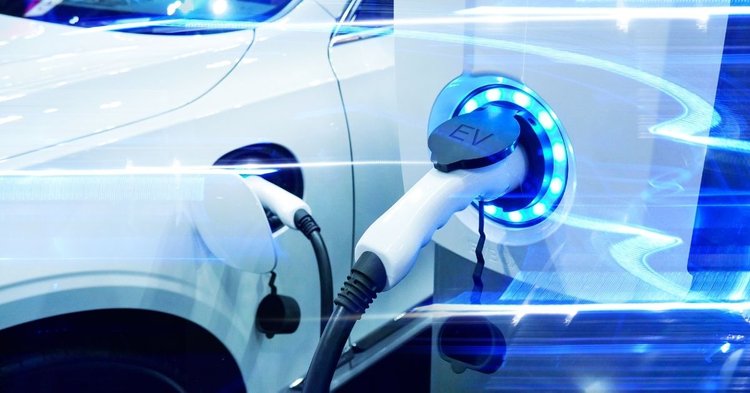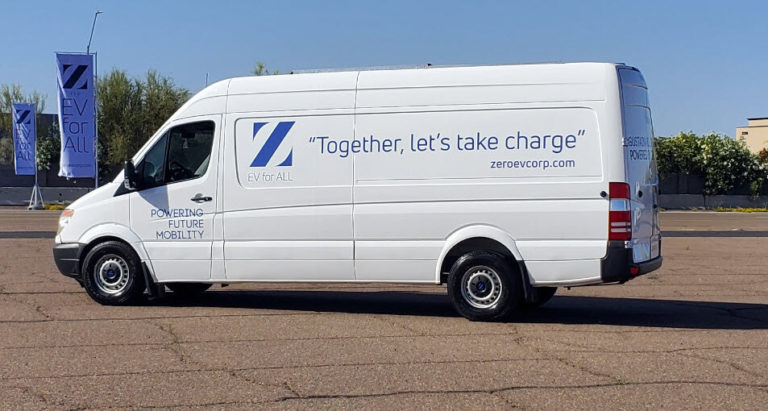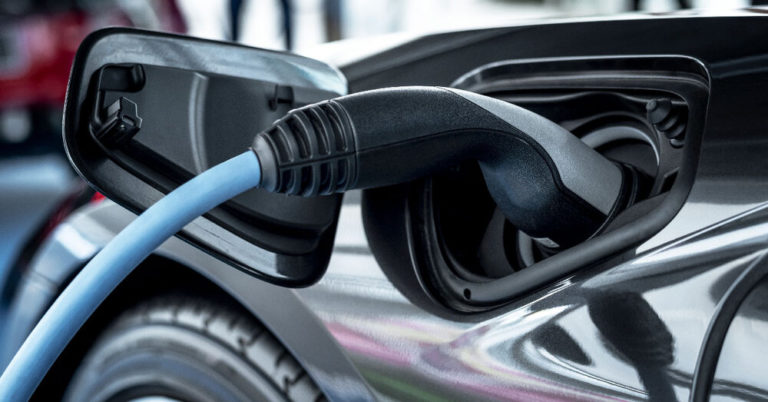Congress Poised to Fix the Most Annoying Thing About Buying an Electric Car
Byadmin
>President Joe Biden loves electric cars. Whether he’s zipping around a racetrack in Ford’s electric F-150 truck or promising that half of all cars sold in the U.S. will be electric or plug-in hybrids by 2030, the 46th president has made it clear that he wants to break the country’s addiction to gas-powered vehicles.
There’s a very solid reason for that: Today, less than 1 percent of the country’s 250 million cars, trucks, and vans are electric. If America is going to zero out its carbon emissions, that number has to go to 100 percent in just a few decades.
The good news is that Congress is poised to make it way, way easier for Americans to give up their gas cars for smooth, silent, all-electric ones. Last week, the White House released a framework for the Build Back Better Act, the $1.85 trillion budget bill that will also be the largest climate measure in American history. And nestled in the framework is a gangbusters improvement to the nation’s EV tax credits that could nudge millions of Americans to swap out their 2005 Honda Civic for a brand-new Nissan Leaf.
America has had EV tax credits since the presidency of George W. Bush, though they came with some caveats. In the current system, purchasers of a new EV or plug-in hybrid car get up to $7,500 off of their income taxes, with the amount scaled based on the size of the car’s battery. But the credits are non-refundable, meaning that if you don’t have $7,500 in tax liability — i.e., if you make less than about $66,000 a year — you won’t get the full credit. That has resulted in quite a few disappointed and confused EV buyers. There are also only a set number of credits available for each automaker; Tesla and General Motors, for example, have already used up all their available credits.







